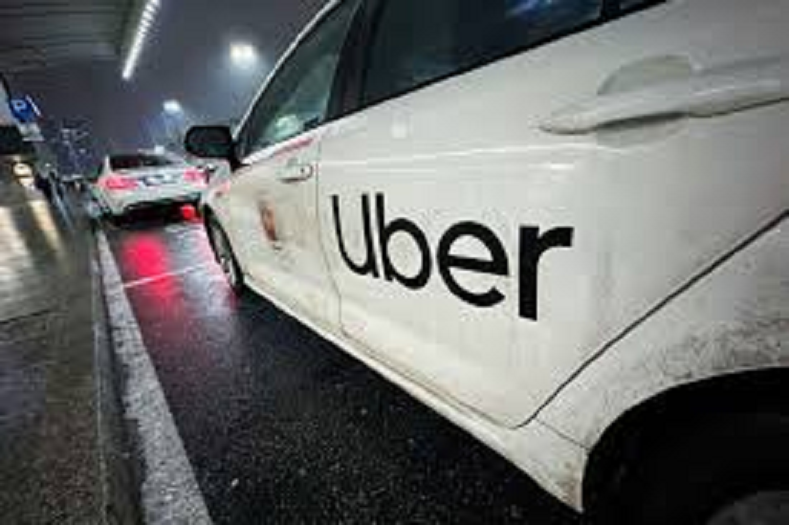The good news for drivers, is now their earnings will double and passengers will also get great benefits.
- bySherya
- 23 Jun, 2025

The Indian government is launching a new cooperative taxi service, where taxi drivers will be their bosses and will not have to pay high commissions to companies like Ola-Uber. This will give more profit to the drivers and passengers will also have to pay less fare. This service will start as a pilot project in Delhi, Mumbai, Bangalore, and Pune by the end of this year.

Highlights
- Sahakar Taxi will provide cheap service to passengers and increase the income of drivers.
- Sahakar taxi service will start by the end of this year under the pilot project.
- Target to start it in all state capitals and major cities by next year.
Work has progressed on an innovative experiment dedicated to taxi drivers and passengers in the cooperative sector. Taxi drivers will be able to run their own app-based taxi service on the basis of cooperation, in which they will not have to pay tax to any company like Ola-Uber. Passengers will also have to pay relatively less fare.
In which cities will the taxi service start?
Based on the concept of Home and Cooperation Minister Amit Shah, the government has registered the 'Taxi Seva Project' under the Multistate Cooperative Act. As a pilot project, this service will start in Delhi, Mumbai, Bangalore, and Pune by the end of this year.
The target is to start it in all the capitals of big states and some major cities by next year. In the second and third phases, it will be connected to other cities as well. Later, auto rickshaw and e-rickshaw drivers will also be brought under its ambit.
Who will get the benefit of the taxi service?
This is being seen as the beginning of a big change in the field of taxi operation, where the profit amount will be distributed directly among the drivers instead of a private company. Passengers will be informed that the fare will be fixed per kilometer in a transparent manner and as per government standards. Payment can be made through UPI, debit card, or cash.
The committee will have the profile of the drivers. They will be given ratings based on the service. The taxis will also have features related to women's safety. This taxi service based on the cooperative model will be completely transparent, in which the taxi drivers' share and participation will be like the owner of the company. Currently, those who drive taxis by joining Ola-Uber have to pay 25 to 30 percent share.
In the cooperative system, they will be the owners themselves. A three percent fee will be charged on the profit. That too will go into the committee's account. Later, taxi drivers will get facilities like insurance, social security, and pension from this amount. Any kind of complaint will be heard immediately at the local level.
How many taxis will the service start with?
Under the project, a cooperative committee of taxi drivers will be formed in every city. Only those drivers will be included in it who are members of the committee. Initially, about five hundred taxi drivers will be selected. There will be a unified mobile app, which will be operated by the member drivers. Taxis can be booked through this. The ownership of the app will remain with the drivers.
How much will the fare be and who will decide?
The committee will also decide the fare. It will also make rules. The drivers will have the right to choose the features of the app, which will work in Hindi, English, and regional languages. The entire project will be monitored by the Ministry of Cooperation. Major cooperative institutions like Amul, NAFED, NABARD, IFFCO, KRIBHCO, and NCDC have been included in this work. NAFED has been given the responsibility of solving problems related to initial investment and capital.
Startup India and Common Service Center (CSC) will prepare the technical platform. The work of making the app has also been given to them. They are already providing digital services. National Cooperative Development Corporation (NCDC) will help in collecting data for the app and creating a network of committees. The cooperative departments of the states will be responsible for the formation and supervision of committees at the local level. After registration and formation of cooperative societies, the trial run of the app service will begin.






